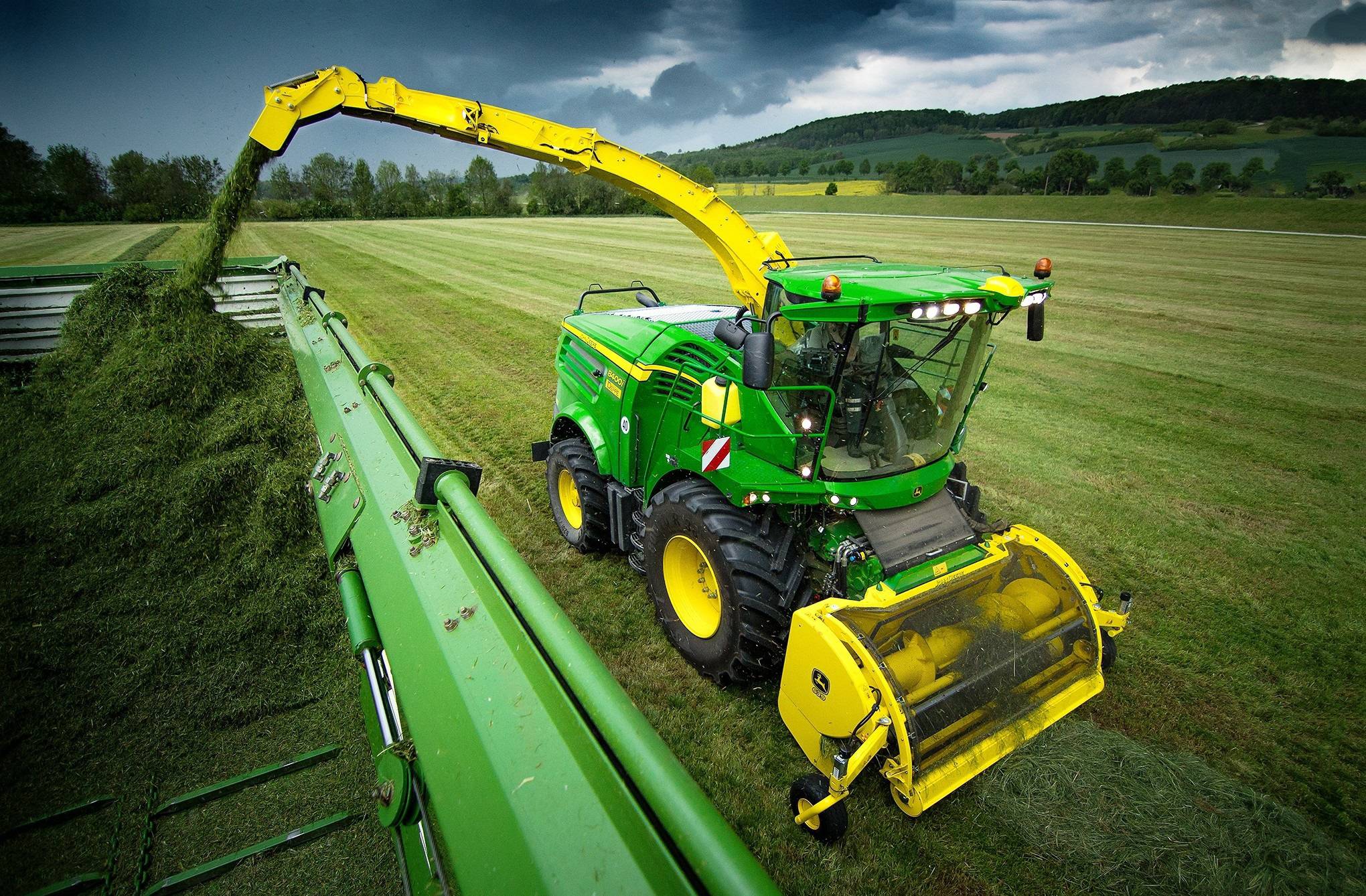
Specialty equipment for agriculture in Israel: Basic buying tips
Agriculture in Israel is a diverse and thriving industry, thanks to innovative practices and the introduction of advanced agricultural equipment. If you are a farmer or agricultural professional in Israel who wants to invest in specialized equipment for your farming operations, it is important to make informed choices to ensure efficiency and productivity. In this article, we provide basic tips that will guide you when purchasing specialized agricultural equipment in Israel.
1. Assess Your Agricultural Needs
The first step when purchasing specialized farm equipment is to evaluate your specific farming needs. Consider the following factors:
-
Crop Type: What crops do you grow? Planting, harvesting, or irrigating different crops may require specialized equipment.
-
Farm Size: The size of your farm will affect the scale and type of equipment you need. Larger farms may require more powerful equipment to cover large areas efficiently.
-
Terrain and Soil Type: Israel's varied landscape means different soil types and terrain. Make sure the equipment you choose is suitable for your specific farm conditions.
-
Tasks and Operations: Identify the tasks and operations you need to perform, such as plowing, sowing, harvesting, or irrigating. Different equipment is designed for specific agricultural tasks.
2. Choose the right type of equipment
Agricultural equipment is produced in various types for different types of agricultural activities:
-
Tractors: Tractors are versatile workhorses used for a variety of tasks, from plowing and tilling to transporting and cultivating. Choose a tractor that suits the size and needs of your farm.
-
Harvesting Machines: Specialized harvesting machines are available for a variety of crops, including wheat, corn, fruits and vegetables. Make sure you choose the right harvester for your crop type.
-
Irrigation Systems: Effective water management is critical in Israel's arid climate. Consider investing in modern irrigation systems to optimize water use and crop yields.
-
Precision Agriculture Technology: Modern agriculture is benefiting from precision agriculture technologies, including GPS-enabled equipment and sensors that increase efficiency and reduce resource wastage.
3. Consider local conditions
The climate and topography of Israel can vary significantly from region to region. Consider how local conditions may affect your equipment choices. For example:
-
Water Scarcity: In areas with limited water resources, prioritize water-efficient irrigation systems and drought-resistant farm equipment.
-
Desert Farming: If you farm in desert regions such as the Negev, look for equipment designed to handle sandy soils and extreme temperatures.
4. Evaluate the brand and quality
Invest in farm equipment from reputable brands known for producing high-quality equipment. Quality equipment is more reliable, lasts longer, and often comes with better warranties.
5. Plan accordingly
Decide a budget for purchasing equipment. While quality is important, make sure the equipment you choose is cost-effective for the size and needs of your farm. Compare prices among different providers and explore financing options if necessary.
6. Prioritize Maintenance and Support
Check for the availability of maintenance and support services for the equipment you plan to buy. Local dealerships and service centers with readily available spare parts can be invaluable for ongoing maintenance and repairs.
7. Energy efficiency
Consider equipment designed for energy efficiency. Reducing energy consumption not only saves costs, but also adheres to the principles of sustainable agriculture.
8. Local rules and incentives
Check your local farm equipment regulations, including emissions and safety requirements. Also, check for any government incentives or subsidies available for purchasing environmentally friendly or energy efficient equipment.
9. Warranty and service agreements
Review the warranty terms and service contracts associated with the equipment. A good warranty can provide peace of mind and potentially save you money on repairs.
10. Operator training and knowledge
Make sure your farm workers are trained to operate equipment safely and efficiently. Some manufacturers offer training programs or provide manuals to help operators get the most out of their equipment.
In conclusion, buying specialized agricultural equipment in Israel requires a thoughtful assessment of your farm's unique needs, local conditions, budget and quality considerations. By taking these factors into account and conducting thorough research, you can make informed decisions that will increase the efficiency and productivity of your farming operations in Israel.






